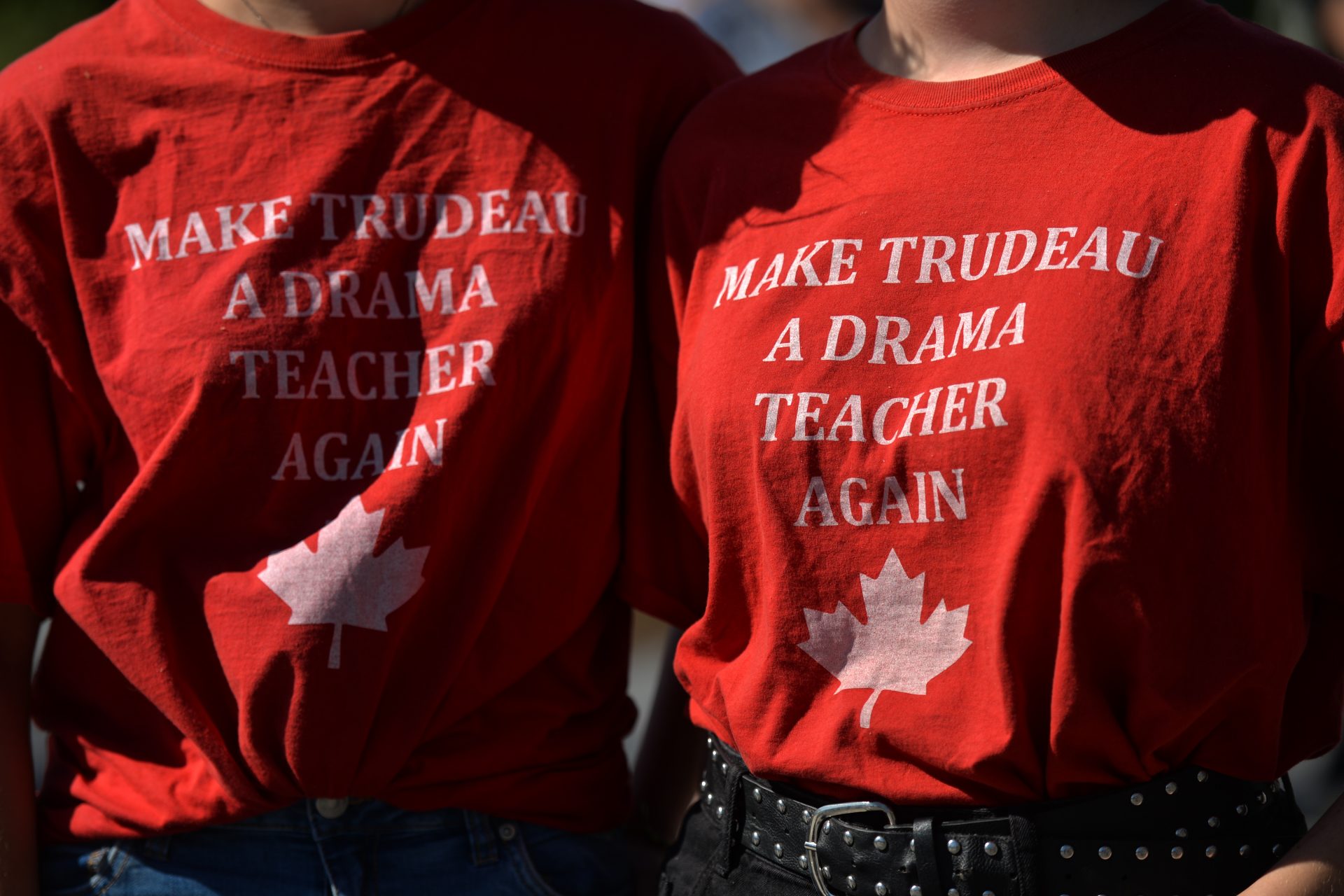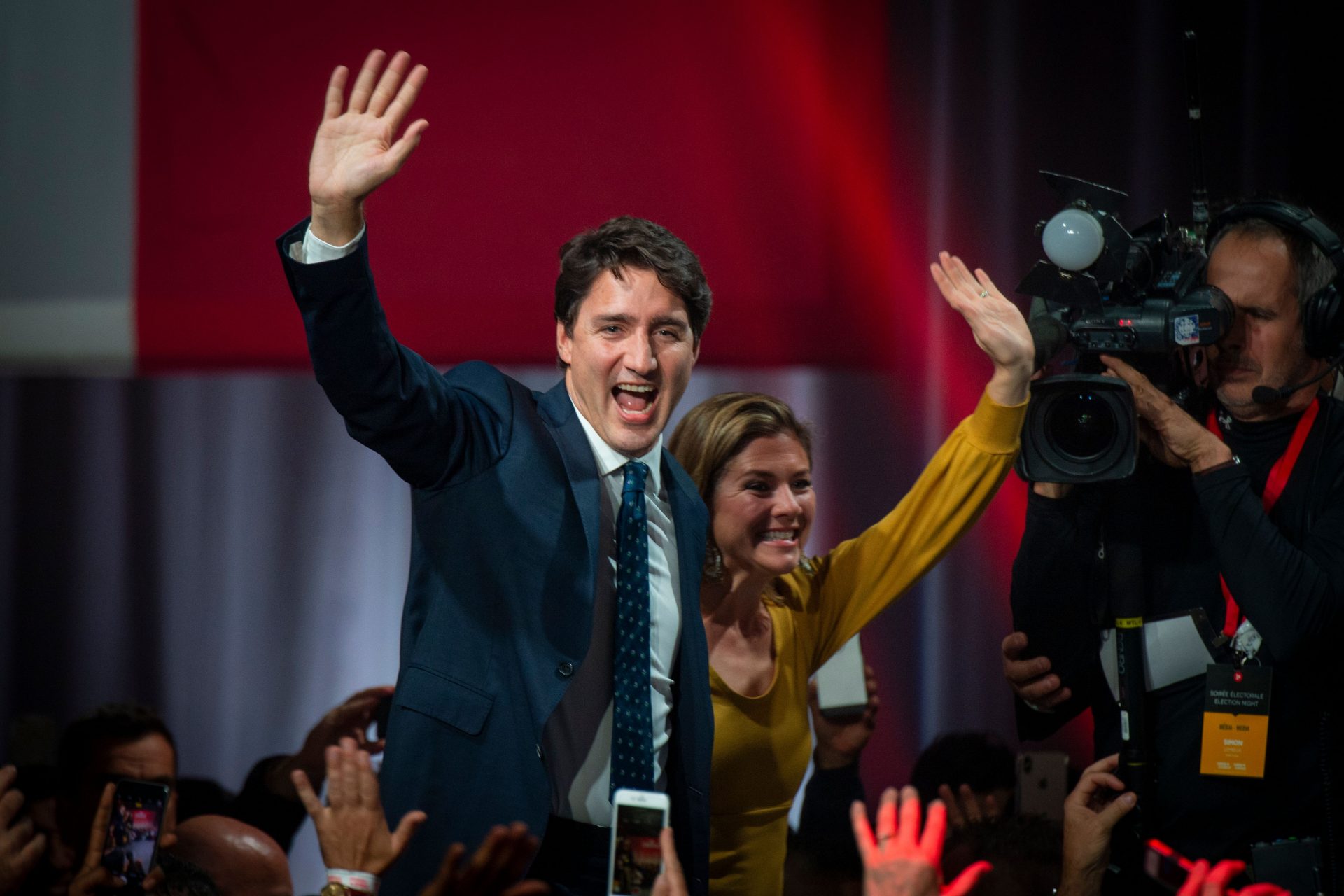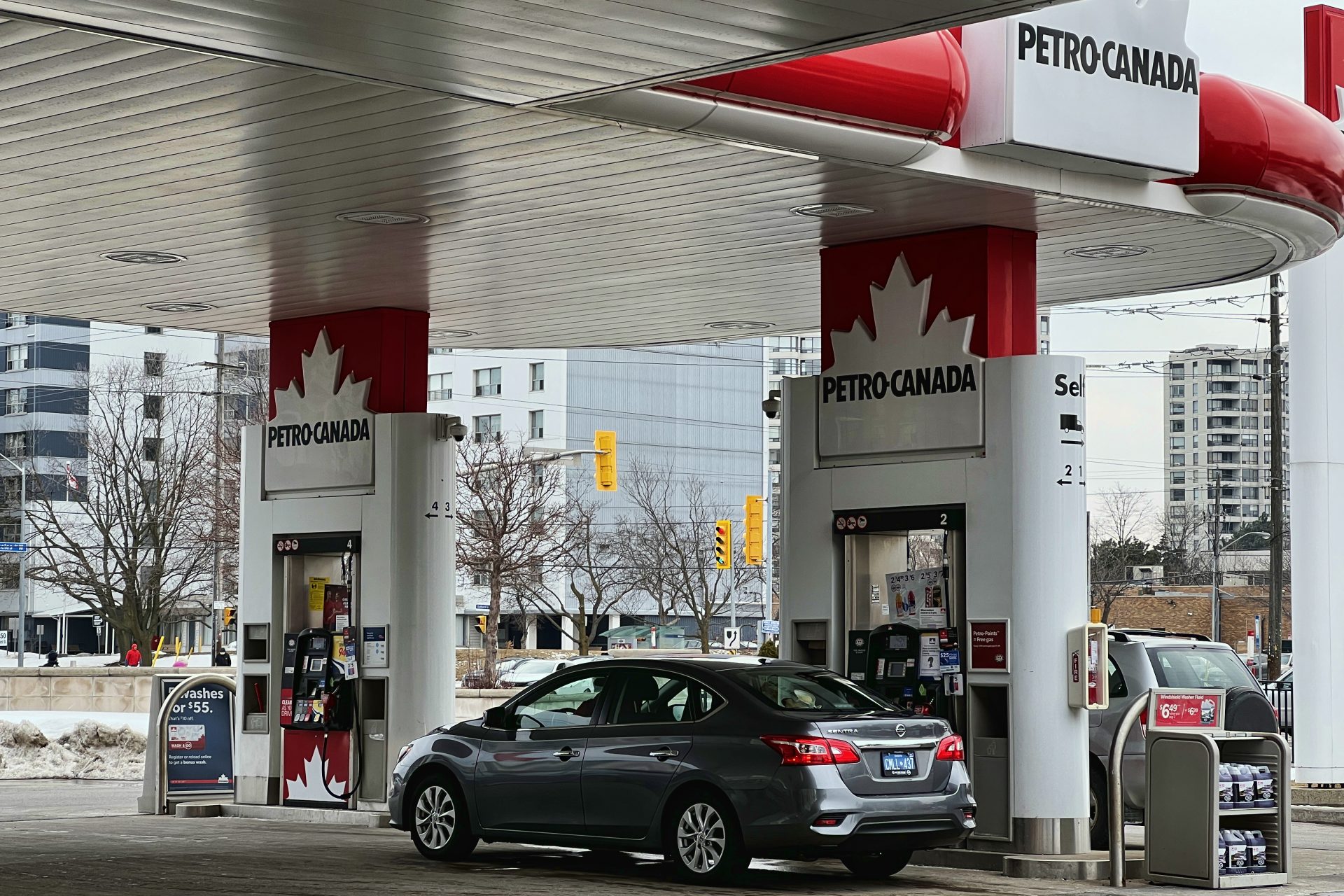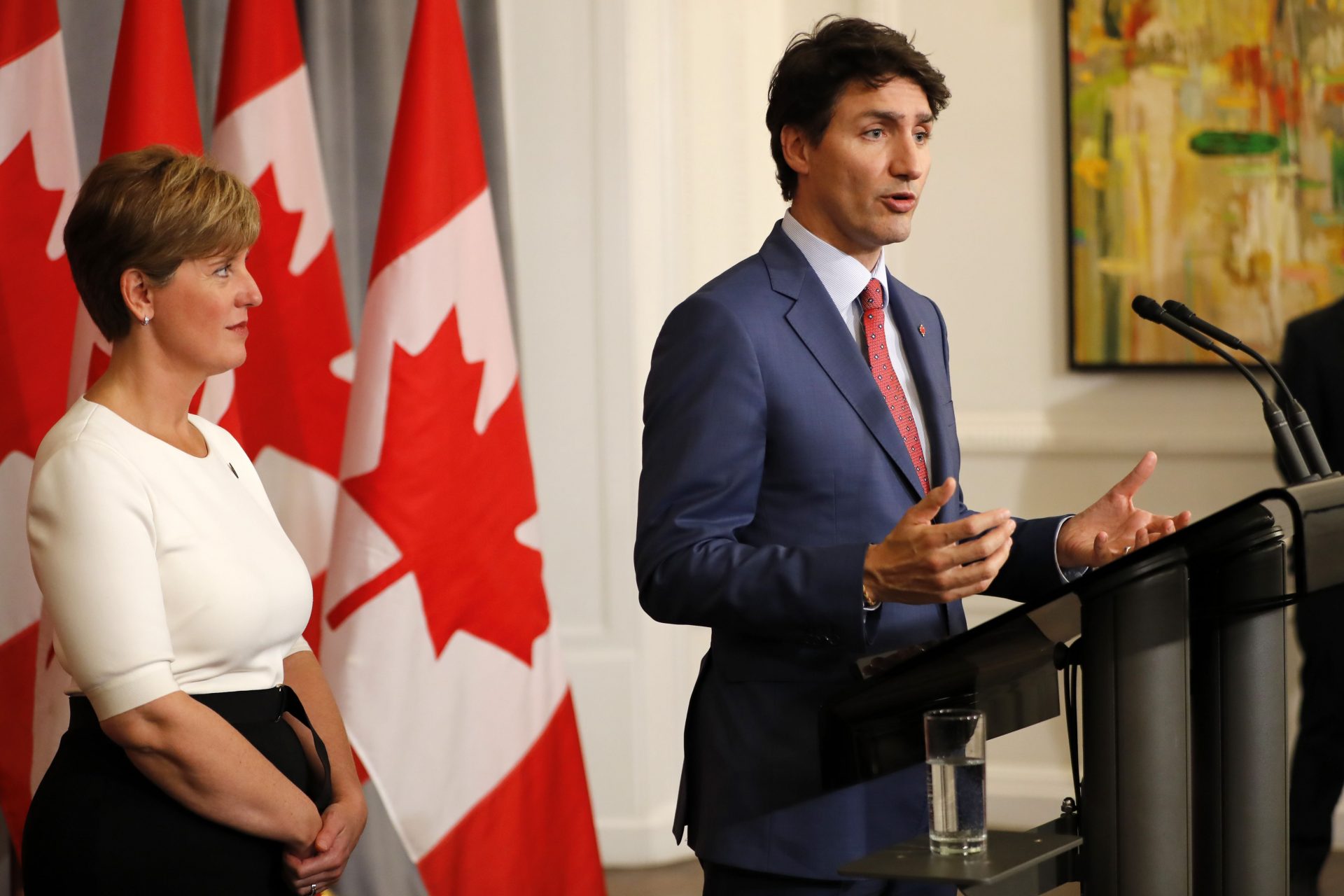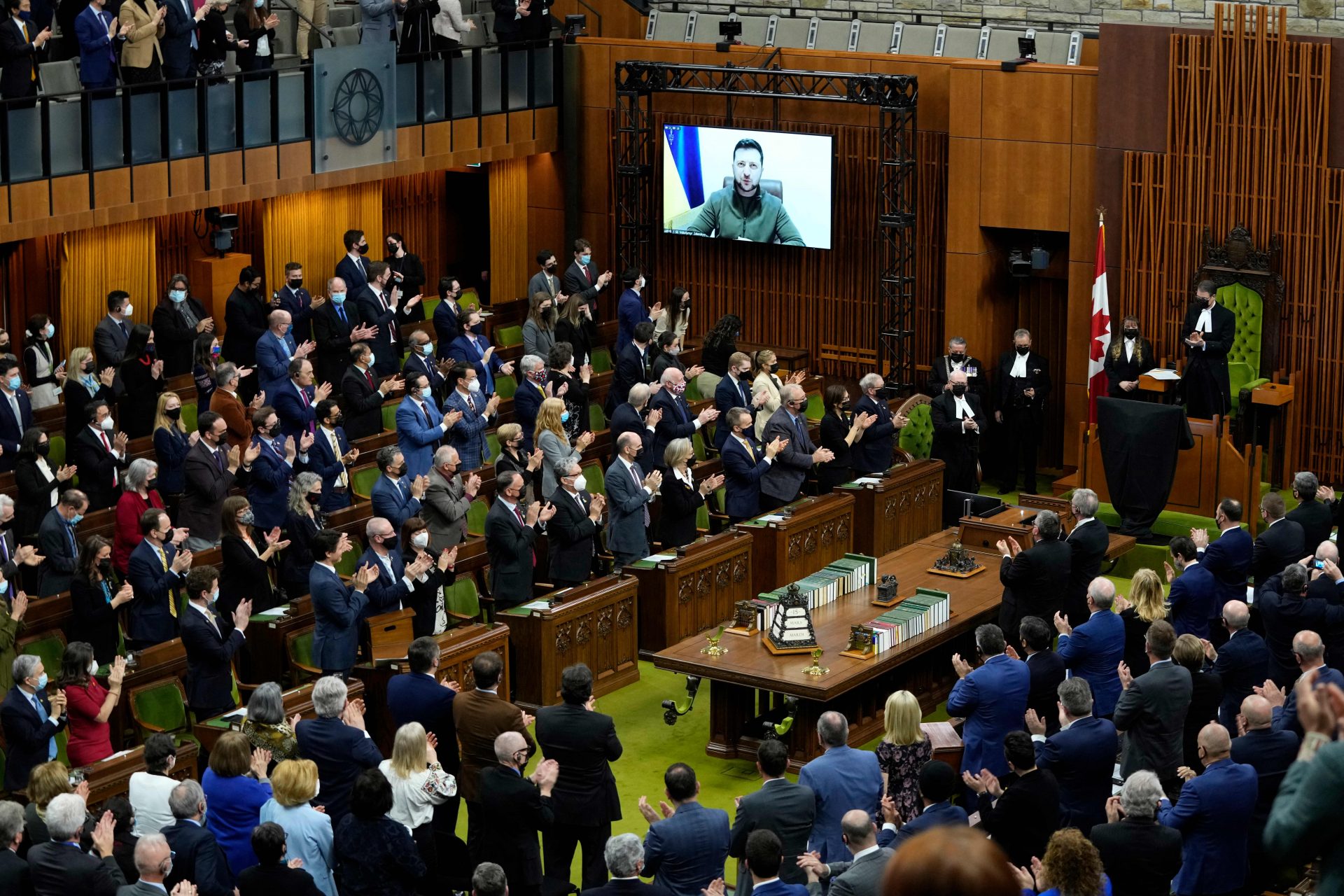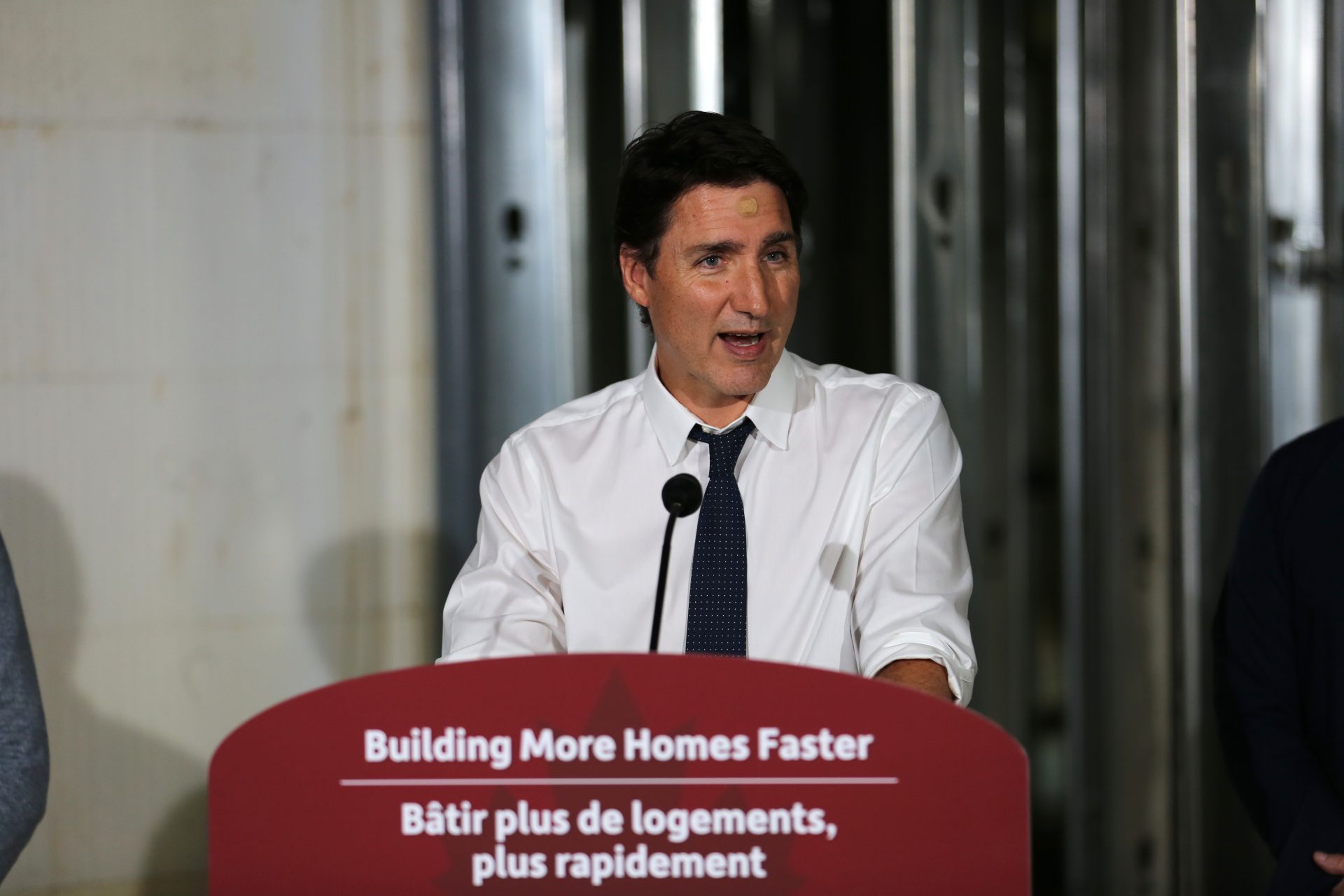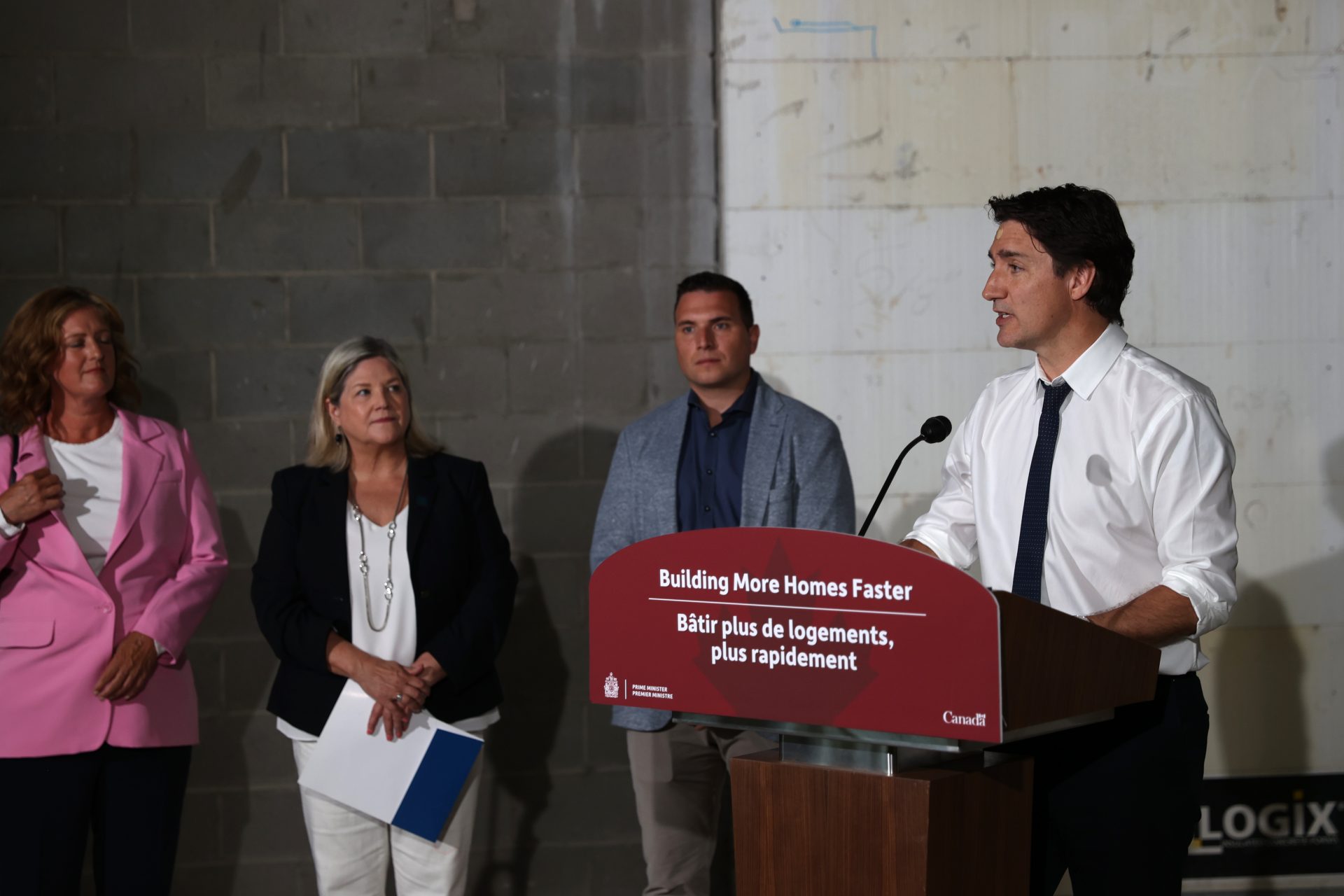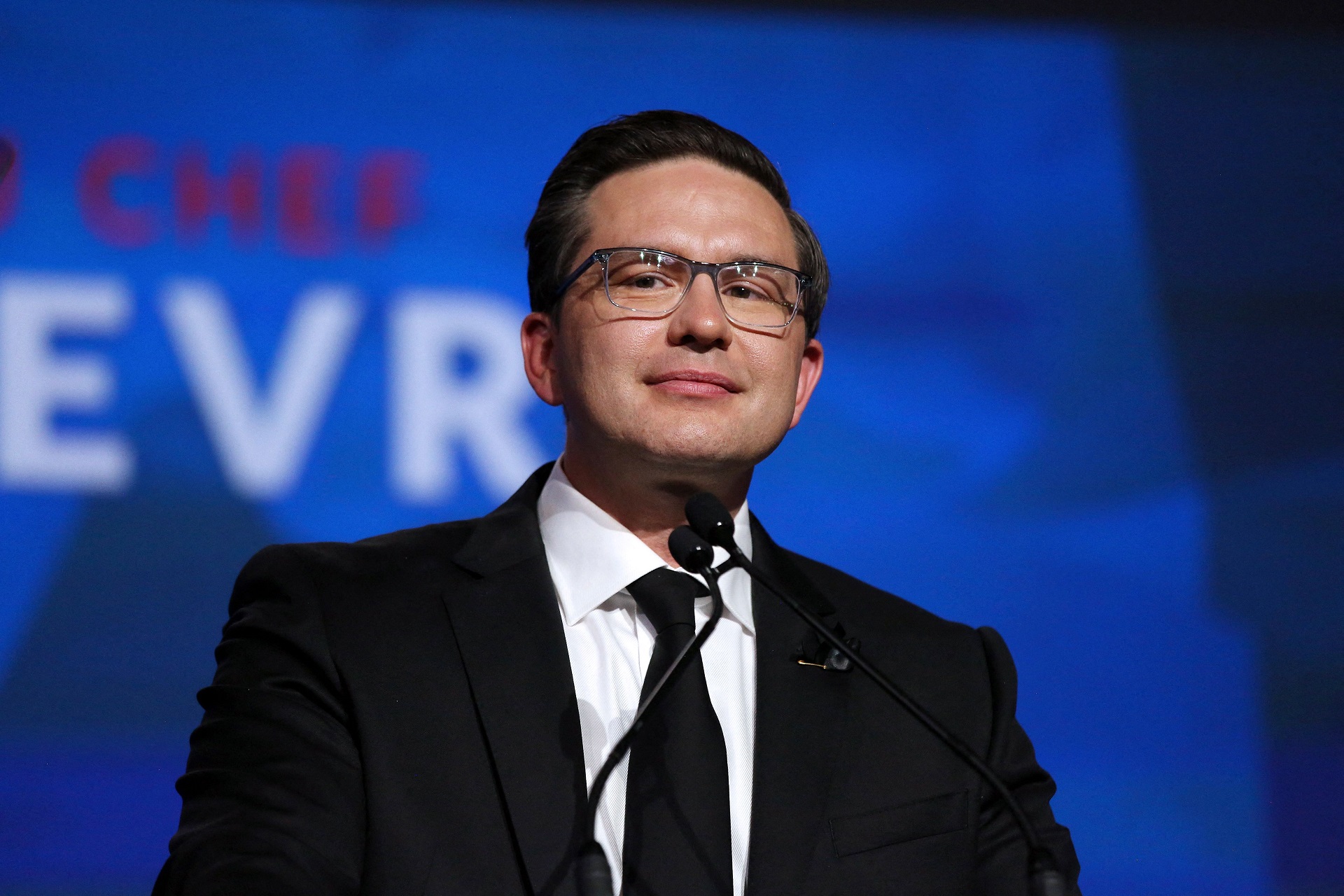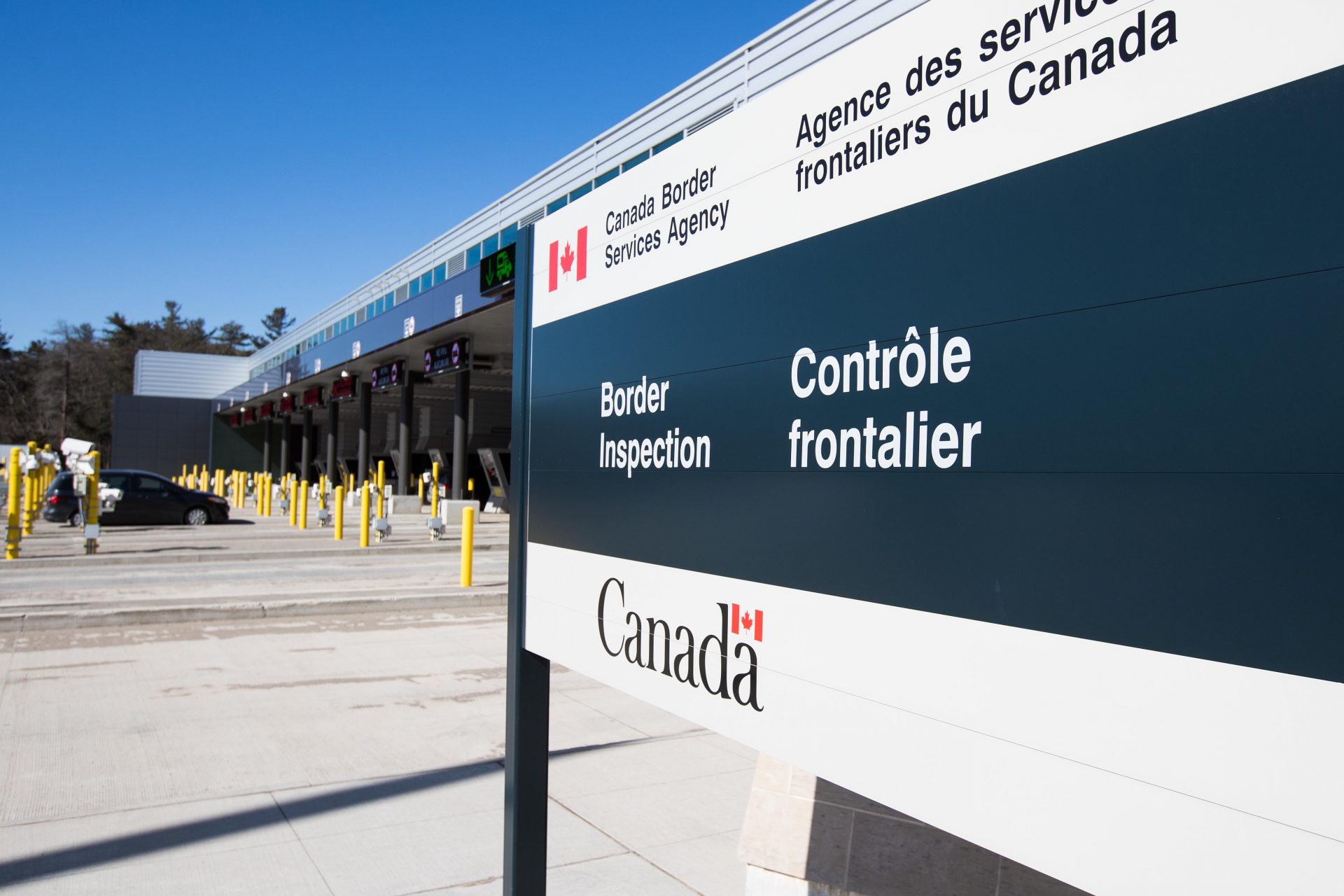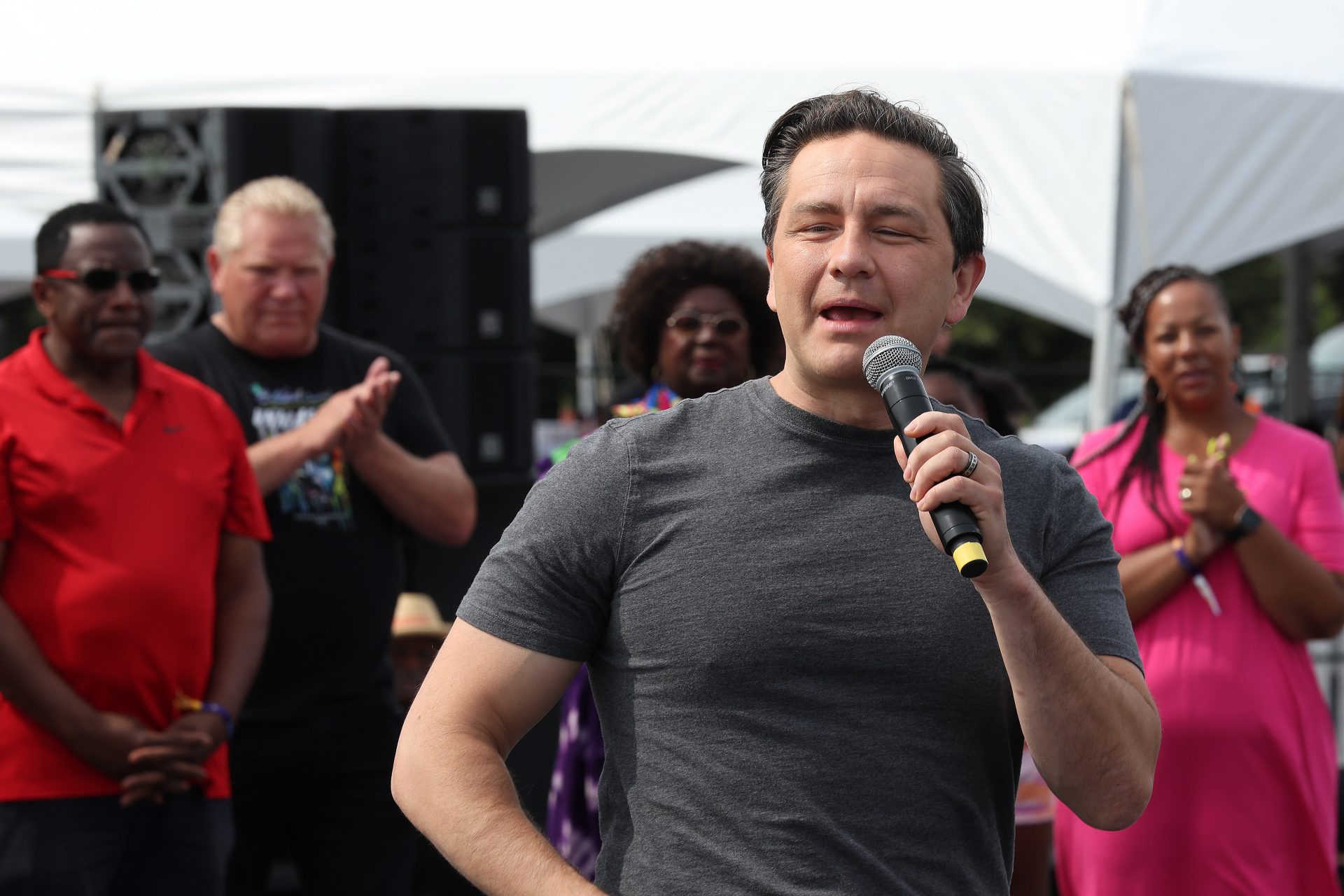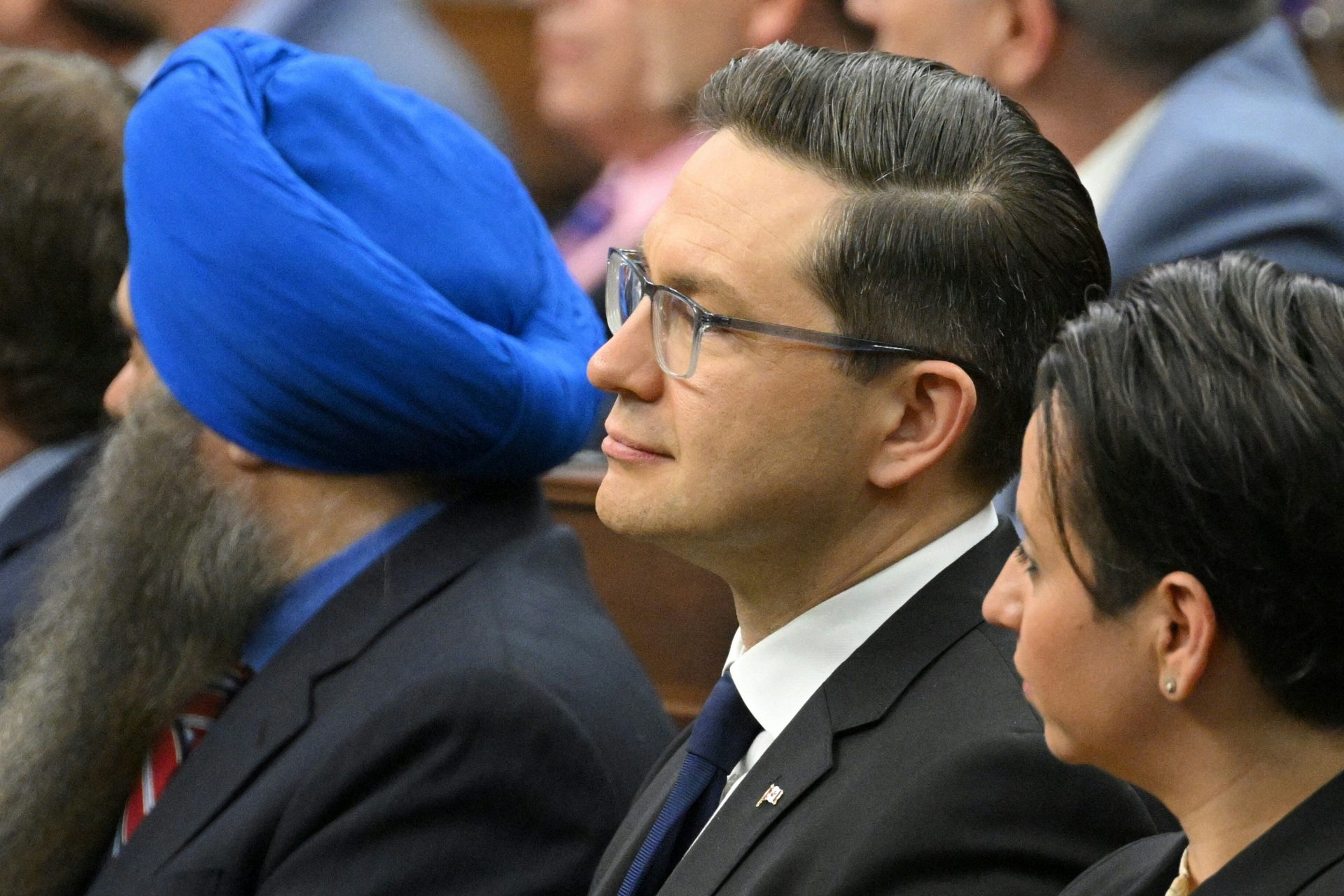Justin Trudeau’s Liberals fall to lowest approval rating since elected
Justin Trudeau and his Liberal Party are facing their lowest approval rating since taking office according to polling from Abacus Data that was reported on by the Toronto Star.
Only 31% of respondents approve of the job the Liberal Party is doing while 54% replied they disapproved, a number the Star wrote us up two percentage points since July 25th.
Abacus Data CEO David Coletto noted the numbers found from his research company’s latest survey are the lowest the Prime Minister has since he took office eight years ago.
Star journalist Stephanie Levitz theorized that the growing discontent in the nation could be due to the country’s rising cost of living as well as Canada’s runaway housing crises.
Other key findings of the survey revealed the Conservative Party of Canada was pulling ahead of the Liberal Party among Canadian voters, though it was only by a slim margin.
If an election were held today then 37% of Canadians would vote for the Conservatives while only 28% would vote for the Liberals—a worrying sign for Trudeau and his party.
The survey polled 1650 Canadians and was conducted between August 3rd and the 7th so it’s likely respondents still had the Prime Minister’s cabinet reshuffle on their minds.
On July 27th, Trudeau swapped around his ministerial leadership team in a major move that saw key ministers moved or dropped to respond to the challenges facing the nation.
"This is a positive step in a moment of consequential impact in the world,” Trudeau told a group of reporters, adding the new team would “build a brighter and ambitious future.”
Unfortunately, the reshuffle didn’t seem to sway Canadians in the weeks after the move with only 26% of people telling Abacus Data Canada was heading in the right direction.
“The cabinet shuffle has had no immediate impact on Liberal support,” Coletto told the Star, adding more time and a major shift in policy would be needed to see better results.
“If it does, it will take more time and a more direct shift in the government’s approach, given that 80 percent want a change in government,” Colletto explained.
Conservative leader Pierre Poilievre polled two points higher than Trudeau as the man with the clearest vision for the nation with 36% picking Poilievre versus 34% for the PM.
Poilievre was also picked as the leader who had better ideas with 36% of people saying so compared to 32% for Trudeau, a common theme in roughly all the categories polled.
Trudeau was seen as more compassionate and a better representative of the country’s values but that doesn’t mean the Liberals will have an easy time in the next elections.
A recent Nik Nonos poll commissioned by The Globe and Mail and performed between July 30th and August 2nd found support for Poilievre was ahead of Trudeau in terms of who could be more trusted to support economic growth.
Poilievre netted support from 29% of respondents while the Prime Minister got 27% and New Democratic Party leader Jameet Signh earned 7% with 29% not choosing a leader.
The rising cost of living was the priority issue for respondents in the Nik Nonos with 39% saying it needed to be a priority in the House of Commons, and it’s certainly a problem that will take center stage the next time Canada faces a federal election.
More for you
Top Stories




